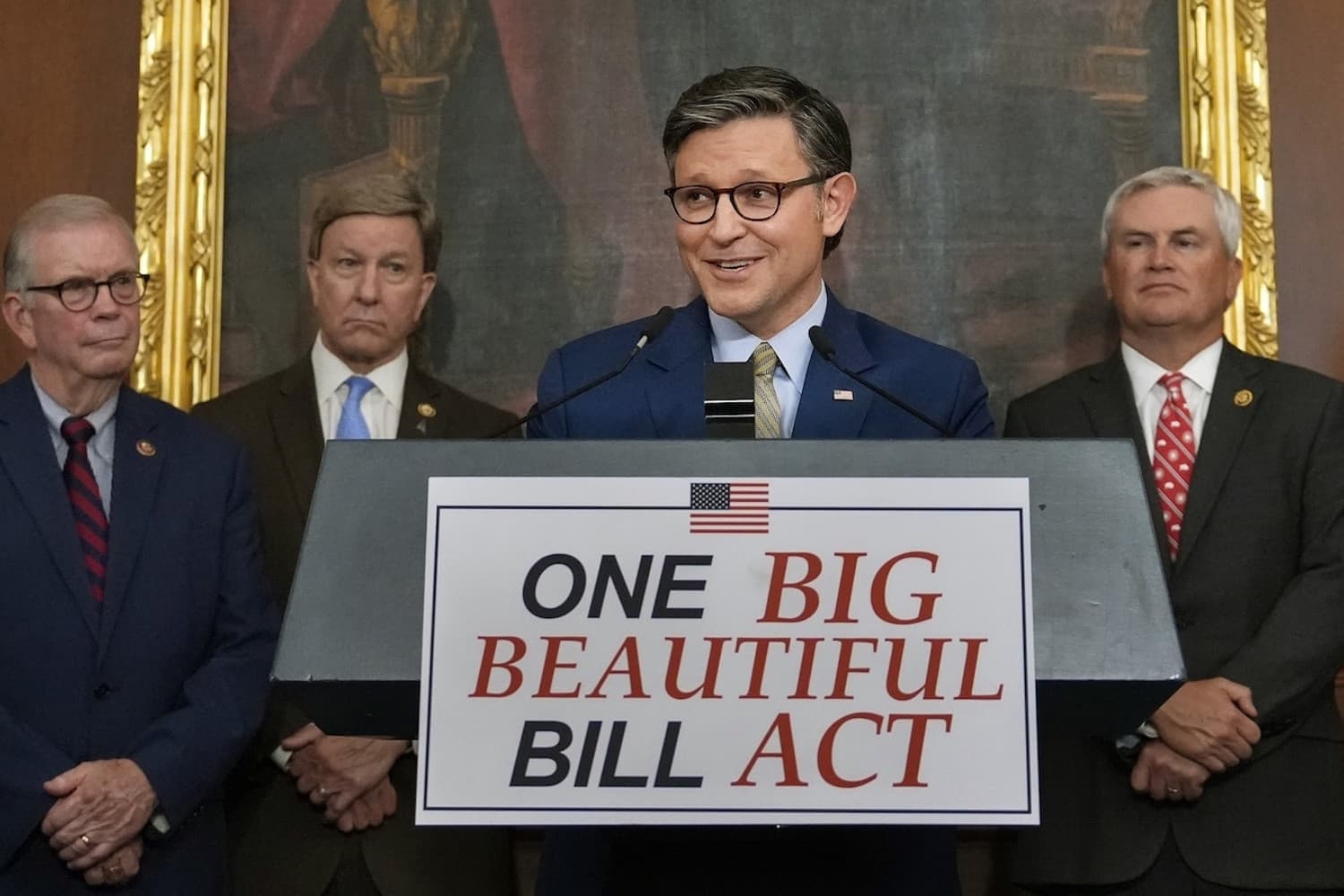Estate planners reassess strategy as new law locks in $15 million exemption
Lawmakers have permanently raised the federal estate, gift and generation skipping transfer tax exemption to $15 million per person, a change that estate planners say brings long sought stability to a historically volatile tax area. The shift will reshape charitable giving incentives and prompt advisers, insurers and wealth managers to revise transfer strategies ahead of the rule taking effect January 1, 2026.

Congress has enshrined a higher federal estate tax threshold, setting the estate, gift and generation skipping transfer tax exemption at $15 million per individual beginning January 1, 2026, a move that estate planners and financial advisers say will reverberate through wealth management and philanthropy. The change is part of the OBBBA legislation, which also introduces new limitations that could alter charitable giving patterns among itemizers and high income taxpayers.
At a National Association of Insurance and Financial Advisors webinar on November 17, 2025, Robert Kirkland, founding member of the Kirkland Hochstetler law firm, framed the change as a rare moment of predictability for practitioners. “The big news for estate planners is, with the changes in the estate tax laws in OBBBA, we now have a stable law for the first time in decades,” he said. For fiduciaries and advisers who regularly map multi decade wealth transfers, the permanence of the new exemption replaces years of planning around sunset dates and temporary provisions.
The immediate market implication is a recalibration of commonly used estate planning tools. With a substantially larger lifetime exemption, many families that previously relied on complex transfers to avoid the estate tax may no longer need those structures. That could reduce demand for certain life insurance policies held specifically to fund anticipated estate tax bills, while increasing interest in strategies that take advantage of the larger exemption to preserve family control and wealth over generations.
OBBBA’s provisions on charitable tax incentives introduce a more nuanced effect. Effective in 2026, new limitations affect individuals who itemize deductions or who have higher adjusted gross incomes, which analysts warn may disincentivize large charitable gifts that historically produced substantial income tax benefits. At the same time, lawmakers built in a permanent incentive aimed at the majority of taxpayers who take the standard deduction on their income tax returns. That dual effect is likely to shift when and how Americans give to charities, with potential consequences for nonprofit revenue streams that rely on big ticket gifts from high net worth donors as well as on broad based small donor support.
The law also poses longer term questions about federal revenue and state policy. By raising the federal exemption permanently, OBBBA reduces the number of estates subject to the federal tax base, a change that will affect projected federal receipts from the estate and gift tax regime. States that impose their own estate or inheritance taxes will continue to set and collect those levies independently, leaving potential arbitrage between state and federal rules as another factor for planners and families to consider.
For now, wealth managers, trust officers and insurance agents are updating client models and product offerings. The timing matters: with the exemption effective in 2026, advisers have a window to revisit lifetime giving plans, trust formations and charitable strategies before the new rules take effect. Regulators and the Treasury Department will also be watched closely for implementing guidance that could shape how quickly and how broadly the market responds.


